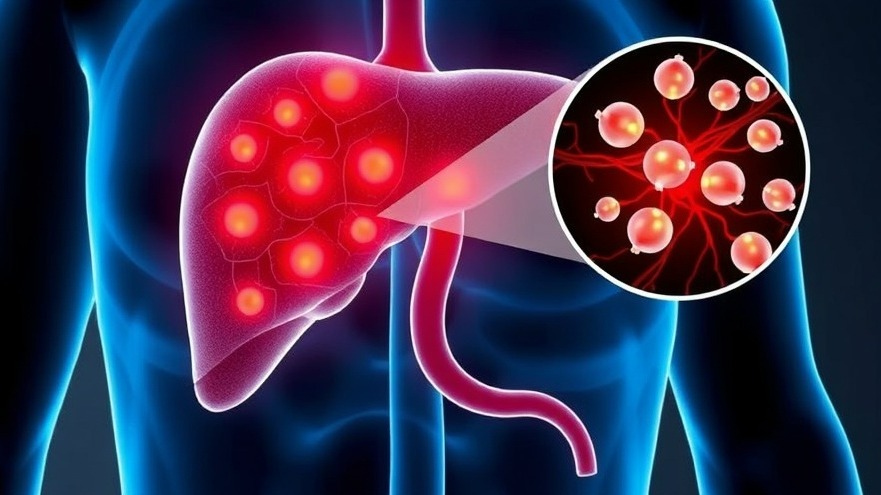
Unpacking the Link Between Military Service and Mental Health
Recent studies might cause you to rethink the conventional wisdom surrounding mental health among veterans. A new analysis published in BMJ Military Health reveals that, contrary to previous beliefs, U.S. military service might actually lower the risk of depression. The study investigated over 25,000 individuals from the National Health and Nutrition Examination Survey, including 2,407 veterans, and employed rigorous statistical methods to assess correlations.
Reevaluating Veteran Mental Health Statistics
For years, reports have indicated that veterans face a depression rate almost double that of the general public. But researchers led by Dr. Xiaolei Shi highlighted a critical point: many previous studies often focused on samples from healthcare systems, which may not reflect the average veteran. Instead, this comprehensive study includes data from a broader swath of the population, leading to more reliable insights.
Key Findings: Beyond Military Service
The findings are eye-opening. While military service showed no significant correlation with depression, certain factors indeed elevate risk. Women veterans had a heightened likelihood of experiencing depression, particularly those aged 45 to 60 who were divorced or widowed. This suggests that it isn’t just the act of serving that impacts mental health but rather the life circumstances that accompany returning to civilian life.
The Importance of Comprehensive Data
Utilizing a dataset rich in diversity, the researchers also considered sociodemographic elements like race, education, income, and physical health conditions. Such a detailed approach aids in creating a fuller picture of the mental health landscape facing veterans today.
Practical Insights for Concierge Medical Practices
If you're a concierge medical practice owner, understanding these nuances allows you to better serve not just veterans but all patients. Implement strategies that consider socio-demographic variables and mental wellness as a holistic part of regular health check-ups. This proactive approach not only aids patient care but strengthens your reputation as a community-focused practice.
As you connect with your patients, remember to facilitate conversations around mental health openly and compassionately. Awareness and education can drive meaningful impacts in a patient’s life, helping them recognize their mental health needs and seek help where necessary.
Building Patient Relationships That Matter
Your relationship with patients is your greatest asset. The insights gathered from this research can inform better communication strategies, solidifying your standing as the go-to concierge practice. Leverage emotional intelligence in your patient interactions—this can lead to more informed conversations about mental health and wellness.
In a nutshell: Stay knowledge-driven and patient-focused. It’s not just about medical treatment; it’s about making connections that foster trust and understanding, leading to enhanced care quality.
Explore these findings further and consider how you can adapt them to your practice. Your efforts in fostering meaningful patient relationships through understanding mental health dynamics can redefine care in your community.
 Add Row
Add Row  Add
Add 






Write A Comment